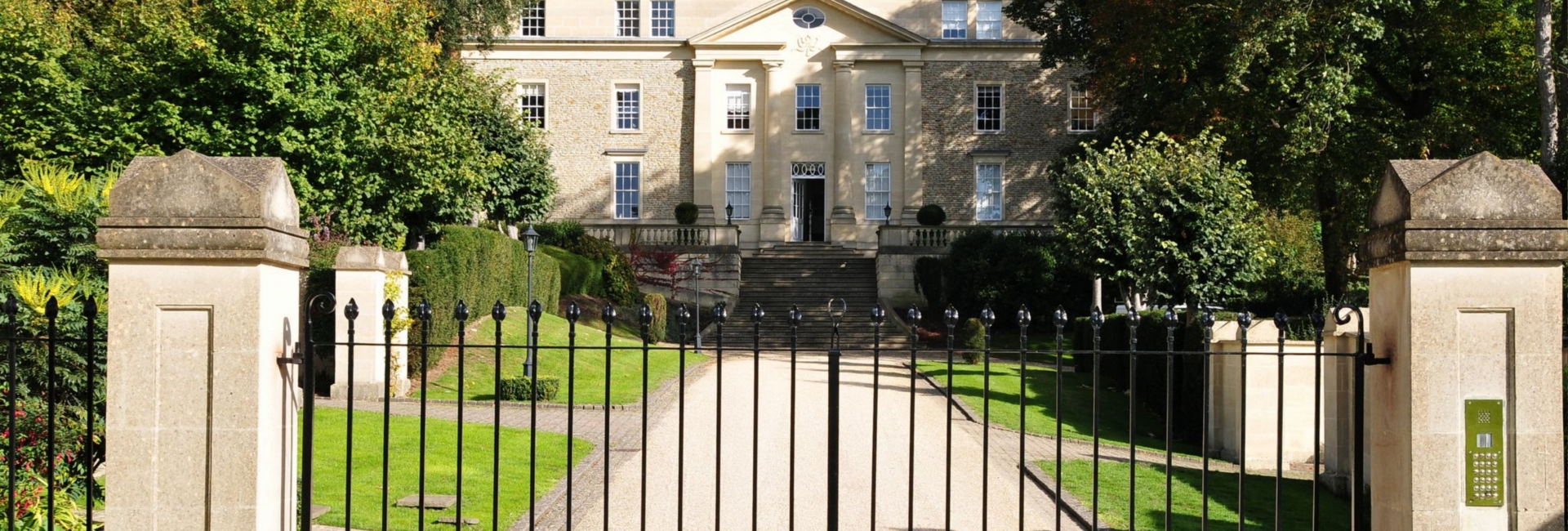Physical security in real estate
Physical Security in Real Estate: Enhancing Safety for Agents, Buyers, and Sellers
Safety and security are fundamental aspects that need attention across various aspects of life – including real estate transactions. Real estate agents have a responsibility to create a safe environment while buying/selling homes, whether it’s open houses or private showings; unpredictable circumstances regarding safety protocols can potentially put everyone involved at risk, which can ultimately affect successful transaction outcomes considerably.
Comprehensive strategies geared towards improving physical security standards not only (and most importantly) protects the safety of agents, buyers, and sellers, but also enhances the prospect of a smooth transactional experience for all.
The Current Landscape: Recognising the Risks
As we venture into finding solutions for a safer working environment in real estate, it’s necessary first to understand the potential dangers that exist within this industry.
Real estate agents often find themselves in uncomfortable situations where anything could happen – meeting unfamiliar clients or showcasing vacant properties heightens risk significantly. Similarly, buyers and sellers face vulnerability during negotiations towards property transactions; hence they need proper guidance on how best to remain safe throughout these processes.
Training & Education – The Cornerstone Of Reliable Real Estate Infrastructure
In developing a dependable security framework for our industrys’ future, education and training offer the best foundation required for a robust real estate sector.
The provision of comprehensive safety training to agents, buyers and sellers will reduce existing risks surrounding property transactions; self-defence techniques, conflict resolution skills & situational awareness are essential components in empowering professionals with the necessary knowledge to handle any potentially risky situation.
By equipping all parties with safety-based information and resources, we can galvanise a more secure infrastructure within the real estate industry that protects everyone involved in the transaction process.
Eyes in the Sky: Video Surveillance
The benefits of high-quality video surveillance cannot be overstated in the digital age we live in today. Video monitoring can effortlessly keep track of events occurring within and around a property, while also serving as deterrence to wrongdoers. As the saying goes, ‘The camera never blinks.’ Cameras in parking lots are just as valuable as the property itself; this level of protection not only protects agents, buyers, and sellers, but also helps gather crucial evidence in case of any untoward incidents.
Furthermore, real estate professionals benefit greatly from ensuring safety through continuous monitoring, as it provides assurance for both clients and customers alike that their premises are being kept under a watchful eye.
Locking it Down: Property Access and Control
To achieve maximum protection against theft and unlawful activities on property premises, managing proper authorisation-based access protocols is essential through the use of innovative technologies.
For example, using smart lock systems along with advanced surveillance equipment ensures restricted building entries are protected by check-in strategies through technical AI models – in other words, only those authorised to gain entry will be given it. This provides peace of mind, letting real estate professionals and property owners regulate access and feel safer by controlling who can enter the premises; more commonly used in commercial building security settings, but the era of smart home tech is changing that.
Safety in Numbers: Buddy Systems and Safety Apps
Whether you’re new or experienced in the world of real estate, you can benefit from establishing time-honoured safety measures that take minimal effort but deliver maximum results.
A great example of this is implementing the ‘buddy system’ – working alongside another agent during showings adds an immediate layer of security, since someone will always have your back; plus, that team bonding can make tackling work much easier and more enjoyable.
In addition, professional relationships relying on today’s leading technology can provide security with ease: safety apps that send out real-time distress notifications, location tracking, and alerts to colleagues and loved ones if necessary. With innovative tools and smart thinking, the real estate industry can be a much safer one to operate within.
Safeguarding the Transaction: Background Checks and Screening
Taking caution when diving into real estate transactions entails comprehensively investigating the parties potentially involved. Achieving this involves being thorough in background checking procedures and meticulously screening all prospects for any possible red flags.
Real estate professionals have the right to obtain identification from both buyers and sellers. Scrutinise employment details, as well as validate earnings while running a credit check to prove their trustworthiness. These preparedness measures create a sturdy safety net – always on alert should potential threats emerge while safeguarding transactional processes effectively.
Lighting the Way: Illumination and Visibility
Let’s talk about how light can transform a space, particularly when it comes to safety and security. With proper illumination both indoors and outside a property, visibility is maximised while discouraging nefarious activities. Additionally, installing motion-activated lighting systems along maintained walkways promotes safety in potentially hazardous areas. Bottom line, darkness invites mischief-makers – not ideal for creating safe environments.
Staying Connected: Emergency Communication Channels
Communication plays an integral role in keeping us all interconnected and informed about one another’s well-being. Establishing credible sources as efficient back-up options – such as mobile phones, two-way radios or even panic buttons, facilitates immediate assistance in emergency situations. Furthermore, maintaining transparent lines of communication with local law enforcement agencies or reputable security companies would further help to scrutinise risks and ensure a swift response when required.
Creating a Strong Perimeter: Fencing and Gates
Implementing physical barriers is worth considering when aiming to improve security in the real estate field. A sturdy fence can effectively safeguard property limits, minimising the risk of property intrusion. Not only do these types of protective measures induce psychological deterrence but they provide physical obstacles as well – making it more challenging for intruders to breach private spaces uninvited.
Trust but Verify: Verifying Identity
In real estate matters involving property transactions, utmost attention must be paid towards individuals’ identities and authenticity. Realtors should prioritise conducting proper background checks for clients by requesting identification proof, such as drivers licences or passports; this not only ensures that clients are who they say they are, but also reduces fraudulent activities occurring throughout transactions.
Additionally, a thorough evaluation process that involves scrutinising important documents such as utility bills and bank statements should not be overlooked, as it can provide useful insights regarding client information and potentially character; it’s essential to know and trust whomever we do dealings with to optimise overall safety for all.
Adapting to Changing Times: Embracing Technological Advances
The use of advanced technology has become increasingly common in modern day society – and no less by those working within the field of real estate.
From virtual property tours as an aid for reducing risks associated with first time viewings – to remote access control that allows team members to monitor and secure properties from any location – there’s no shortage of proptech solutions available today to help safeguard all those involved in these transactions.
Final Thoughts
In the fast-paced world of real estate, physical security for all is of utmost importance. It isn’t just a luxury, it’s a necessity, and staying on top of the latest solutions and security trends is vital, as is implementing good old fashioned measures that promote having each other’s back and being well-connected with authorities.



 Login
Login















